Host Organisation
International Land Coalition Africa
Description
Indigenous Peoples and Local Communities (IPLCs) have long been stewards of the world’s biodiversity. Accounting for just over six per cent of the global population, they are custodians of more than a third of the world’s most important areas for biodiversity, and researchers have found that 42 per cent of land that is managed by them is in good ecological condition. Additionally, indigenous people and local communities (IPLCs) are key to restoration efforts, and largely play a crucial role in response to climate change. They display inherent climate resilience, a significant ingredient for adapting and mitigating climate change as well as realizing long-term, sustainable land restoration.
At a time of unprecedented threats to the global environment, local leadership in governing and managing natural resources is increasingly becoming the panacea for indigenous people and nature. Indigenous peoples are often excluded in key decision-making processes on matters affecting them without being consulted on projects affecting their lands. This has occasionally led to displacement from their ancestral lands due to the exploitation of natural resources. As they directly rely on the ecosystem services for their livelihood, their poor state of insecure land tenure has rendered them, as well as the forests and biodiversity hotspots they protect – vulnerable to the economic pressures that drive deforestation worldwide. This has aggravated the nature of control they would have on key processes.
The discourse on carbon markets is recently dominating conversations about climate change interventions, especially in Africa. The risks posed by carbon credit projects and programmes pose to indigenous peoples’ rights, including their right to
self-determination, lands, territories and resources. This raises the pertinent question on whether indigenous inclusivity can be the recipe of effective carbon markets. Issuing credits for carbon stored in Indigenous territories significantly affects the right to land and resources, livelihoods and self-determination. It therefore follows that ‘’Free Prior & Informed Consent’’ (FPIC) must be obtained through Indigenous peoples’ as per their laws, norms and practices. The processes must ensure Indigenous Peoples, including Indigenous women, elders and youth, are fully informed about the risks and benefits of carbon programs, and can evaluate them on practical, legal and ideological grounds.
This side event will emphasise on the need for people centred approaches in securing land tenure for indigenous people in the wake of key processes of carbon markets: It will seek to interrogate how free, prior and informed consent can be strengthened in light of carbon markets.
Speakers
1. Jane Mwangi -ILC Africa (Moderator)
2. Vital Bambanze, UNIPROBA
3. Isaac Tobiko, CLAN
4. Rebecca Iwerks, NAMATI
Languages
English, French

